News 2021
An archive of CRUK Edinburgh Centre News from 2021
Disparities in breast cancer care quality have reduced

Regional variation in chemotherapy treatment for breast cancer across Scotland has reduced significantly over the past 15 years, according to a new study: December 2021
TestEd team awarded Principal’s Medal at winter graduation ceremony
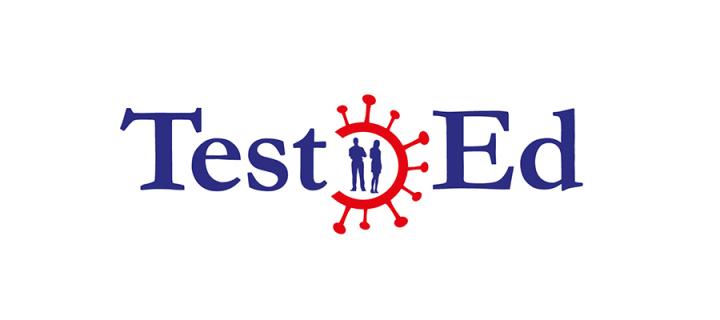
Professor Tim Aitman received the medal on behalf of the team for significant achievements in pioneering a way to mass population testing in an epidemic: December 2021
Multi-omic machine learning predictor of breast cancer therapy response
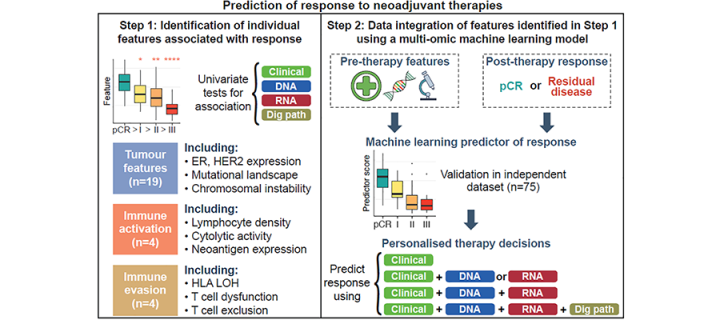
Edinburgh clinicians contributed to a study that developed new AI-based predictor of response to cancer therapy: December 2021
Controlled drug release in the brain
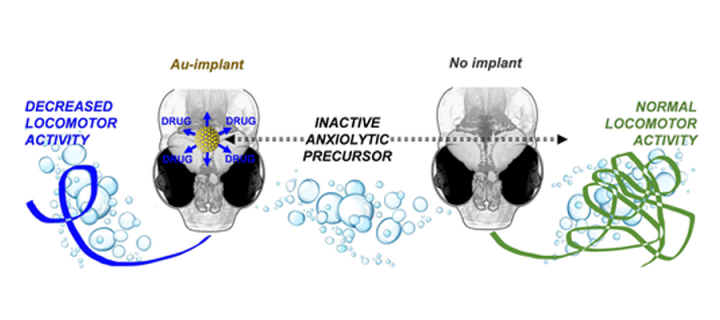
Polymer composite with gold nanoparticles capable of localized drug production in the brain has been developed in a study led by our scientists: December 2021
MISpheroID – a knowledgebase and transparency tool for spheroid based research
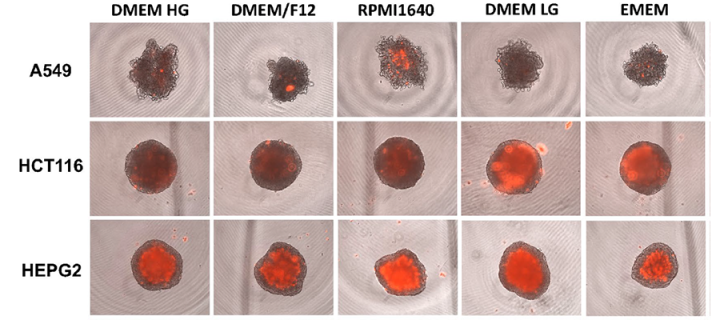
Edinburgh researchers are part of international team developing improved standards and practices for three-dimensional (3D) cell culture models: November 2021
Partnership with DATA-CAN to collaborate on cancer research using health data
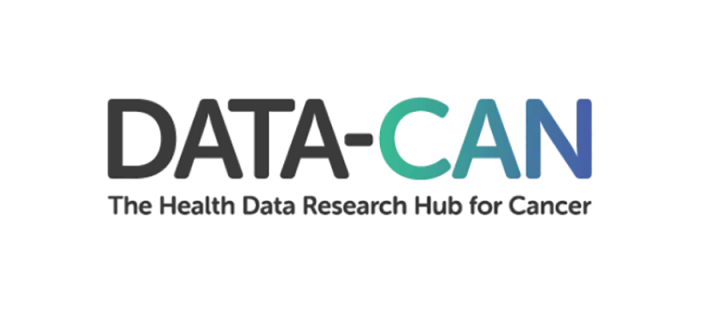
CRUK Edinburgh Centre investigators are delighted to be involved in new partnership between the University of Edinburgh, NHS Lothian and DATA-CAN: November 2021
PhD Student secures RSE Saltire Early Career Fellowship
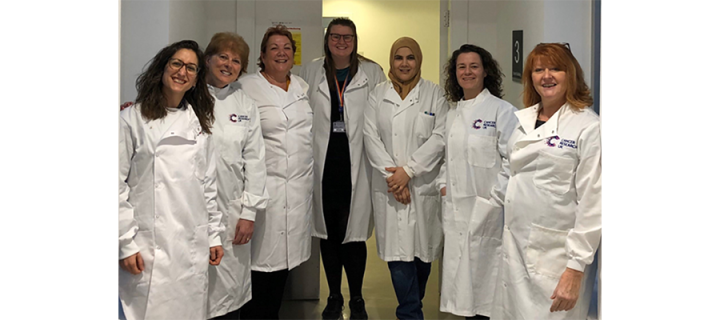
Esme Bullock, one of our PhD Students, has been awarded a fellowship to advance her breast cancer research project: October 2021
Higher rates of mutation alone are not sufficient to cause ageing
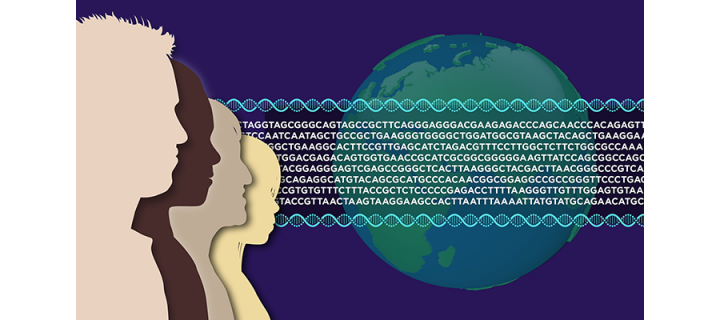
A study has found that human cells and tissues can accumulate many more mutations than are normally present, without the body showing the features associated with ageing: October 2021
Licensing of a SRC/YES1 inhibitor with novel mode of action
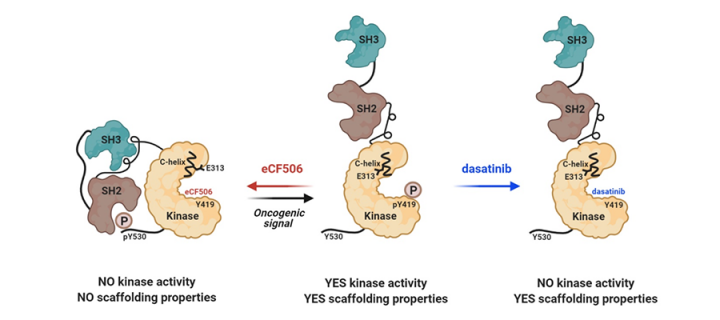
Nuvectis Pharma, a biopharmaceutical company focused on the development of innovative precision medicines, has licensed exclusive worldwide rights to develop and commercialize a novel SRC/YES1 inhibitor discovered at the CRUK Edinburgh Centre: September 2021
Clinical trial identifies effective adjuvant therapy for patients with kidney cancer
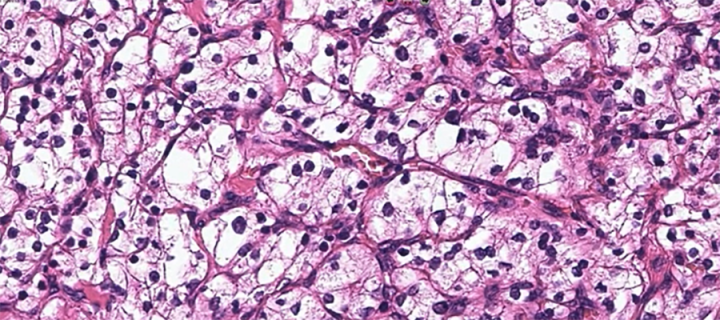
KEYNOTE-564 clinical study, with important contributions from the UK that were led from Edinburgh, shows that adjuvant immunotherapy following surgery improves disease-free survival in patients with clear cell renal cell carcinoma: August 2021
The impact of the Covid-19 pandemic on breast cancer early detection and screening
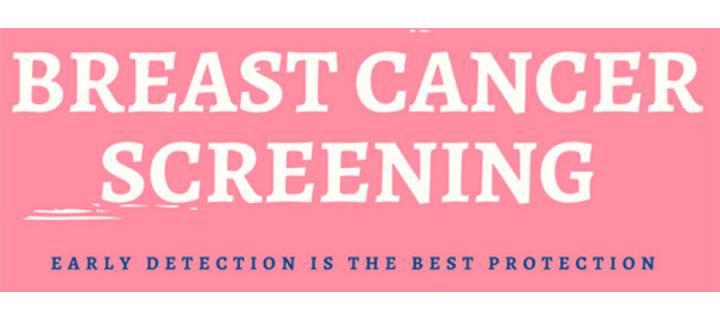
Dr Jonine Figueroa and international colleagues report on the impact of the Covid-19 on breast cancer early detection and screening providing important information to help mitigate the impact of the pandemic on early diagnosis and treatment.
Opportunities for stratification in endometrioid ovarian carcinoma

Edinburgh researchers used unique dataset that combines hormone receptor expression patterns with matched genomic characterisation to identify opportunities for patient stratification in endometrioid ovarian carcinoma: June 2021
Optimizing treatment for the older and frailer cancer patients
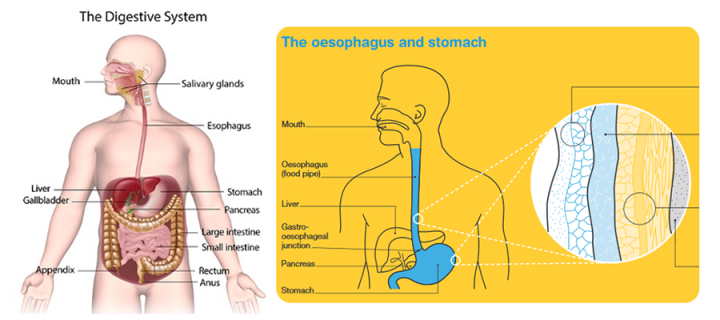
Study with important contributions from Edinburgh investigators finds that less chemotherapy is noninferior to more in frail and elderly patients with advanced gastroesophageal cancer: May 2021
RAC1B is an important mediator of colorectal tumourigenesis
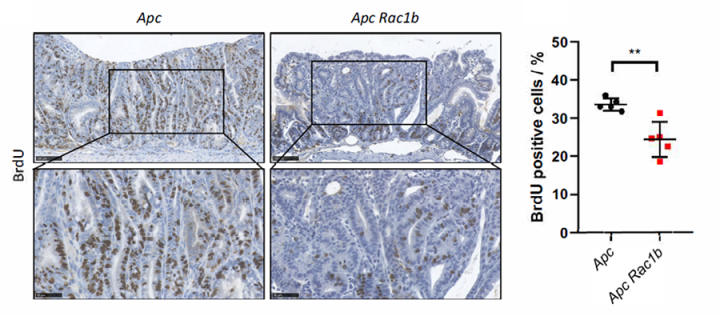
Cancer Research UK Edinburgh Centre scientists identify RAC1B as an important mediator of colorectal tumourigenesis and a potential target for enhancing the efficacy of EGFR inhibitor treatment: April 2021
New insights into how severe brain cancer evades immune attack

Cancer Research UK Edinburgh Centre researchers uncover mechanisms underlying immune evasion in Glioblastoma multiforme (GBM): April 2021
IGMM renamed the Institute of Genetics and Cancer

From 1 April the Institute of Genetics and Molecular Medicine (IGMM) will go by a new name, the Institute of Genetics and Cancer (IGC): April 2021
RSE Fellowship for Liz Patton
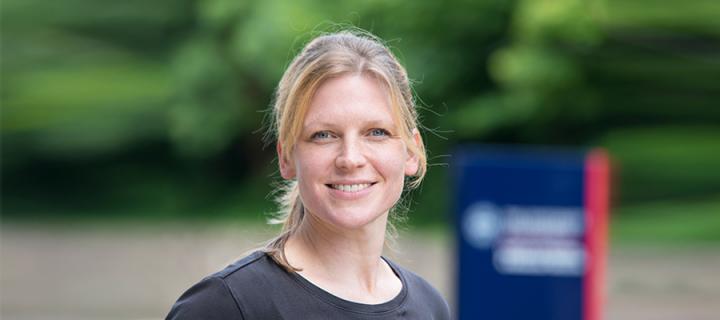
Prof Liz Patton of the MRC Human Genetic Unit and CRUK Edinburgh Centre have been selected as Fellow of the Royal Society of Edinburgh: March 2021
Focal Adhesion Kinase controls transcription via chromatin accessibility
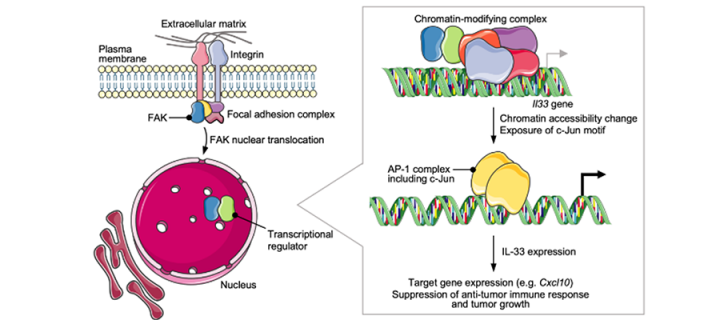
A study led by CRUK Edinburgh Centre scientists provides the first demonstration that Focal Adhesion Kinase controls transcription via chromatin accessibility: January 2021
AI - empowered personalized cancer medicine

Edinburgh researchers in a pan-European consortium to develop user friendly Artificial Intelligence (AI) tools for cancer clinicians: November 2020
Molecular stratification of endometrioid ovarian carcinoma predicts clinical outcome
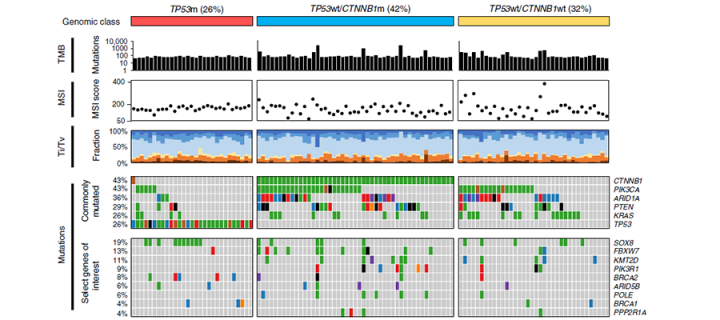
A study led by Cancer Research UK Edinburgh Centre researchers provides improved molecular taxonomy of endometrioid ovarian carcinoma and identifies candidate targets for molecular therapeutics: October 2020
Sarah Taylor wins Max Perutz Science Writing Award
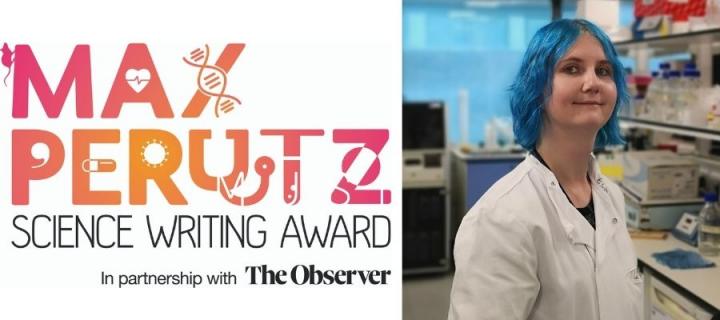
Sarah, who is on a Doctoral Training Programme with the Cancer Research UK Edinburgh Centre at IGMM, told us how it feels to see her winning essay published in The Observer: October 2020.

